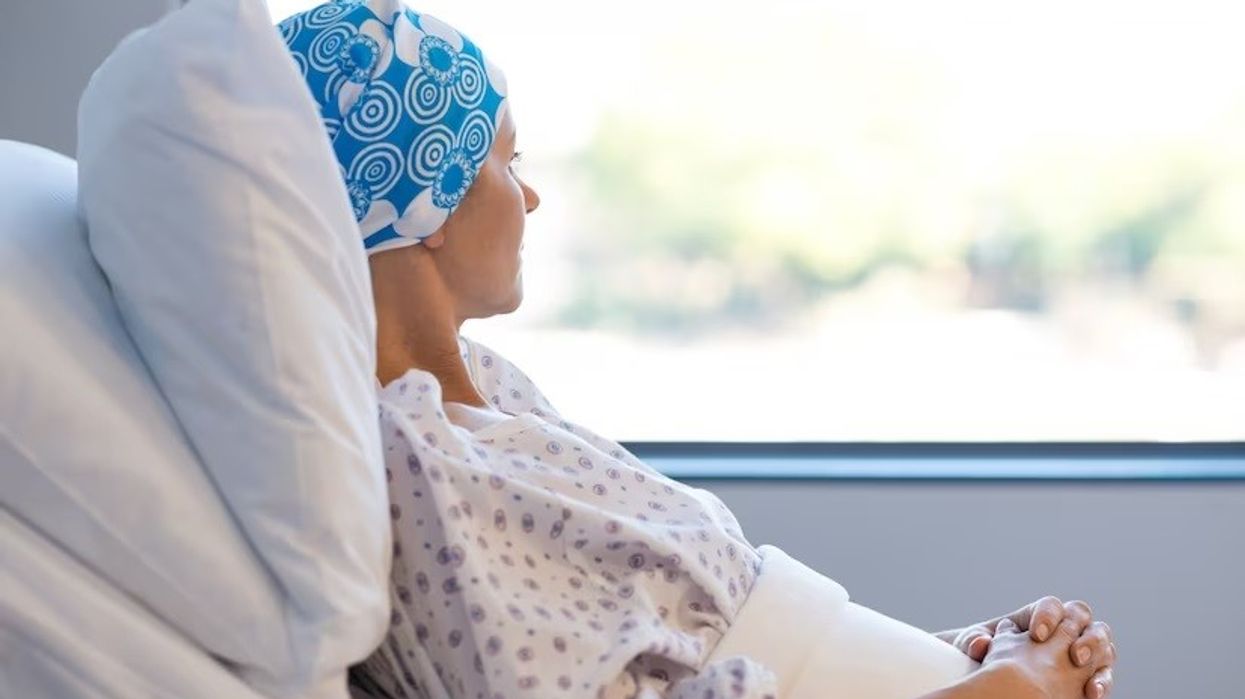There has been a 133% increase in the number of people getting checked for cancer over the last decade.
NHS England delivered a record number of cancer checks last year, with almost three million people tested for the disease, according to official data published on Monday.
The heath service conducted 2,980,258 urgent cancer checks over the last 12 months (from November 2022 to October 2023).
Declared the highest year on record, this is 147,960 more than the number recorded on the same period last year.
With 269,492 urgent referrals, October 2023 was the highest month on record for cancer checks, the latest monthly figures showed.
In the same month, 192,889 people (more than 7 in 10) received all clear or a definitive diagnosis for cancer within one month.
Further, the NHS data showed a 133 per cent increase in the number of people getting checked for cancer in the decade since 2013. There were 1,275,231 urgent cancer referrals between Nov 2012 to Oct 2013.
Close to 60 per cent of cancers were diagnosed at stage one or two between September 2022 and August 2023, up by over two per cent from the number before the pandemic.
Dame Cally Palmer, National Cancer Director for NHS England, said: “More people than ever before have received potentially lifesaving checks for cancer over the last year, which is a testament to the hard work of NHS staff who have delivered this level of care, despite an extremely challenging year and unprecedented industrial action.
“We know there is more to do, but we have been throwing everything we have at catching cancers earlier because we know it’s the best way to save lives – and we are seeing progress with more people than ever before being diagnosed at stage one and two.
“With teams taking tests and checks closer to people who need them, and new treatments being made available all the time, we will continue to do all we can to get people seen and treated for cancer as early as possible.”
The NHS is targeting to diagnose three quarters of cancers at stage one or two when they are easier to treat.
Its lung health check programme to catch cancers earlier is considered a huge success, with almost 3,000 people with lung cancer being diagnosed so far, three quarters at stage one or two.
As part of this programme, mobile trucks go into the heart of communities to offer cancer checks at shopping centres and supermarket car parks.
To raise awareness about cancer signs and symptoms and encourage people to come forward for checks, the NHS has also put awareness messages on urinal mats in public toilets, underwear in Morrisons supermarkets, on a large double-decker bus travelling to cancer hot spots around the country.
Professor Peter Johnson, NHS England National Clinical Director for Cancer, commented: “Every year we are seeing extraordinary advances in treatment and new technologies coming through for patients, and I know this year will be no different.
“Cancer detected at an early stage gives people a much better chance of successful treatment, which is why the NHS has kept such a focus on early diagnosis and continues to find innovative ways to reach and test people in the community.
“Talking about cancer helps save lives too, so if you’re seeing friends and loved ones this new year, please check in with them and have a conversation, and if anyone is worried they might have signs or symptoms of cancer, please encourage them to get checked – the NHS is here for people and wants to see them at the earliest opportunity.”
The NHS has set out plans to eliminate cervical cancer by 2040 and save thousands of lives every year, by increasing HPV vaccine and screening uptake.













